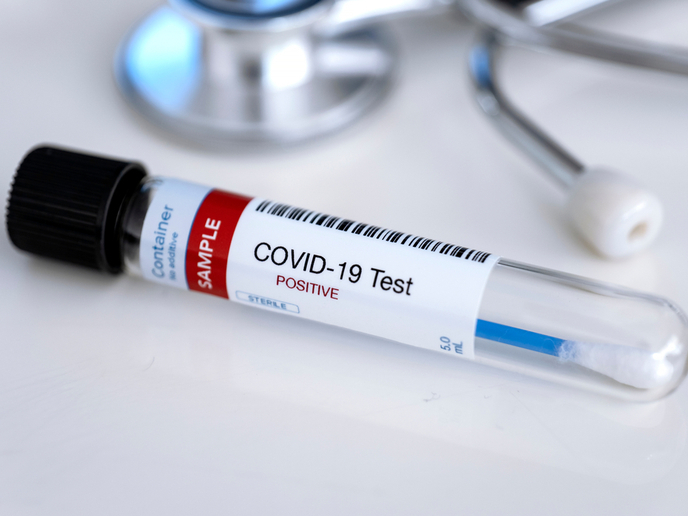From crisis to collaboration: EpiPose’s impact in assessing COVID-19
The EU-funded EpiPose(opens in new window) project set out to investigate the impact of COVID-19 on various fronts, ranging from public health and the economy to societal behaviours and preparedness. When COVID-19 was just beginning to cause an unprecedented public health crisis, EpiPose researchers endeavoured to provide insights, including on social dynamics, its economic impact, and the public health response. Specifically, EpiPose researchers collected data, modelled the spread and burden under different control scenarios, and analysed the cost-effectiveness of vaccines. “The pandemic crisis situation during which EpiPose took place, imposed a huge time pressure and put our results (and the scientists who reported on them) in the centre of policy support and public attention. The situation required tremendous efforts by the team and made our outputs have more impact than we had ever imagined at the time of grant writing,” said project coordinator Niel Hens.
An interdisciplinary effort
The project's focus encompassed collecting and disseminating epidemiological data, modelling the spread of the virus under different control scenarios, and assessing the cost-effectiveness of potential vaccines. This required an interdisciplinary approach, involving experts in epidemiology, mathematical modelling, and data analysis. Perhaps one of the project's most significant achievements was its capacity to adapt and expand data collection efforts. Initially launched in a handful of countries, EpiPose's social contact study (CoMix) reached over 20 European countries by 2021. This expansion was made possible through collaboration with institutions such as the European Centre for Disease Prevention and Control(opens in new window) (ECDC) and universities or public health agencies in the involved countries. By tapping into diverse data sources, including social contact data and symptom-based information such as InfluenzaNet(opens in new window), EpiPose showed how citizens across Europe responded to the pandemic and its associated control measures.
Policymaker’s material
A crucial contribution is translating data into actionable insights. The project's statistical models allowed for real-time evaluation of the pandemic's impact, helping decision-makers gauge the effectiveness of various interventions. Notably, the project's models were designed, not only to adhere to scientific rigour, but also to be easily interpretable by policymakers. Moreover, EpiPose fostered collaboration on multiple levels, bringing together scientists, public health agencies, policymakers, and the general public. This extended beyond research to encompass active outreach through multimedia content, social media engagement, policy reports, and press briefings, to ensure its findings directly informed decision-making processes. Hens added: “This much needed collaboration led to a huge impact on pandemic control and lessons learned for the future, to the benefit of European citizens.”
The run to preparedness
The lessons learned from EpiPose's endeavours laid the groundwork for future preparedness. The project gave rise to a new initiative called ESCAPE(opens in new window), which aims to build on its achievements and address potential threats from different pathogens. “Before the pandemic, we could think and theorise about a possible pandemic. But now that we have a wealth of data, we need to exploit it as much as possible. It would be very unfortunate not to be better prepared for the next pandemic,” points out Hens. By seamlessly integrating epidemiological with socio-behavioural insights and economic considerations, EpiPose has not only enhanced our understanding of COVID-19 but also enriched our capacity to respond effectively to future challenges.







